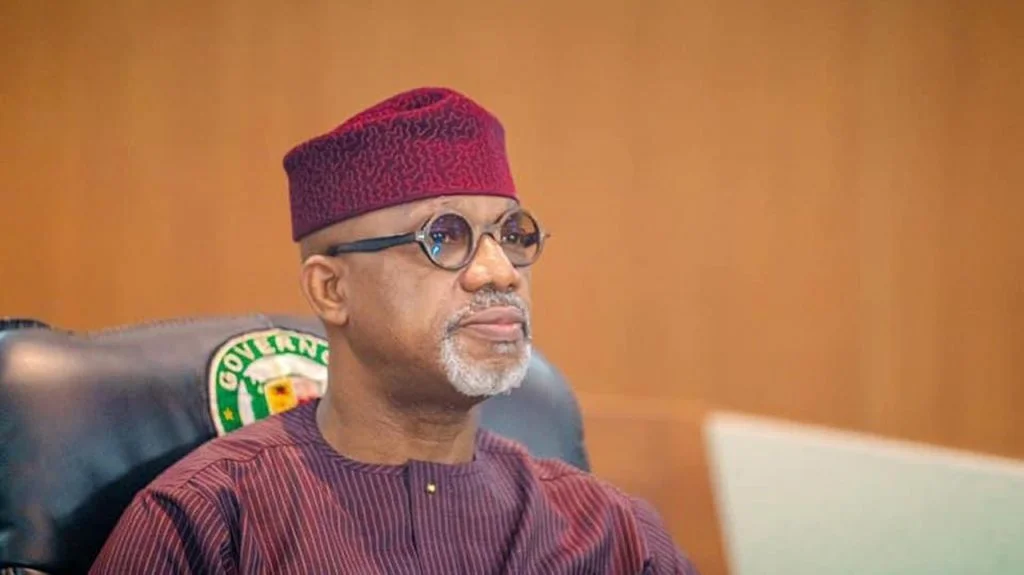Tinubu’s Reforms Yeilding Fruits as Nigeria Records Fastest Growth in a Decade
Nigeria’s economy has entered a phase of accelerated recovery and renewed investor confidence under the administration of President Bola Ahmed Tinubu, marking a significant shift from broad reforms to tangible results.
According to the World Bank, Nigeria recorded its fastest economic growth in a decade in 2024, with projections indicating a 3.6% growth rate for 2025.
This economic upturn is largely attributed to an ambitious suite of fiscal and monetary reforms initiated by the Tinubu-led administration, which experts say is laying a strong foundation for sustainable growth.
Among the most notable achievements is the establishment of regional development commissions aimed at addressing localized economic disparities and promoting inclusive development across the country.
The administration has also introduced transformative education financing and credit access schemes to empower youth and small businesses critical drivers of innovation and job creation.
Healthcare and human capital development have received renewed attention, with targeted investments designed to enhance productivity and social outcomes. In addition, Nigeria is actively exploring the blue economy, leveraging its vast maritime resources to diversify revenue streams and generate employment.
President Tinubu’s policies have sparked a resurgence in investor confidence, attracting fresh capital into vital sectors such as oil and gas, energy, mining, and agriculture. This influx of investment is helping to unlock new opportunities, revitalize local industries, and stimulate broader economic activity.
A cornerstone of the recovery agenda is the administration’s aggressive infrastructure renewal program. Flagship road construction and transport corridor projects are enhancing intra-regional connectivity and positioning Nigeria as a trade hub in West Africa.
Complementing these efforts are comprehensive tax reforms aimed at broadening the revenue base, recent wage adjustments to cushion inflationary pressures, and a national energy transition strategy that aligns with global climate goals while expanding access to power.
Together, these initiatives reflect a strategic pivot toward decentralization, innovation, and fiscal sustainability.
The Tinubu administration’s approach emphasizes long-term resilience and aims to build an economy that is diversified, inclusive, and globally competitive.
As the administration moves forward, analysts say the challenge will lie in maintaining policy consistency and deepening institutional reforms to ensure that the recovery is not only sustained but also equitably shared across all segments of society.







